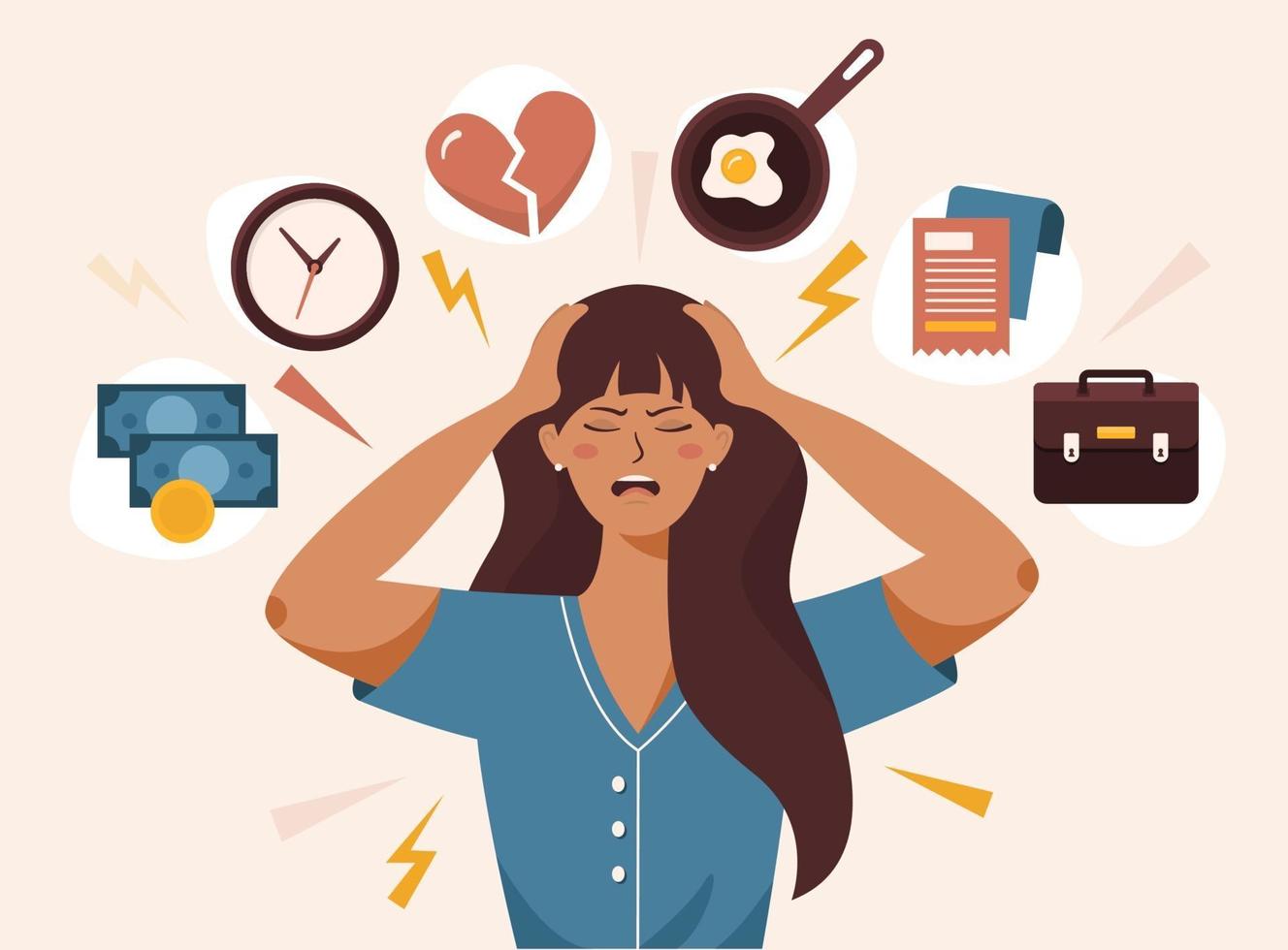Cortisol: The stress hormone
Understanding the impact of chronic stress and increased cortisol on our well-being
We live in an ever-changing world where we are constantly exposed to numerous stimuli that trigger our stress response. Let's take a look at an important hormone involved in stress response and what chronic stress does to the brain and the rest of the body...
Cortisol is a steroid hormone produced by the adrenal glands and is the main hormone that responds to perceived stress. Cortisol is controlled by feedback mechanisms of the HPA axis, hence its release is regulated by the activation of the HPA axis. So, guess what activates our HPA axis... it's none other than stress!
When we are stressed our body goes into a fight-or-flight mode aka survival mode and activates the HPA axis to stimulate the release of cortisol. Cortisol slows down non-essential functions, such as digestion, increases blood glucose levels and glucose uptake for the brain, and boosts the immune system.
While cortisol release is a natural, and necessary response to stress, chronic stress can trigger excessive cortisol release which can lead to pathological outcomes.
Chronic stress keeps the HPA axis activated, thus the brain believes we are constantly in survival mode and maintains the cortisol release at elevated levels. Since the HPA axis regulates various endocrine and neural functions, the abnormal consistent activation of the HPA axis results in inflammatory, neurological, and endocrine illnesses.
Increased cortisol for long periods increases the risk of heart disease, type 2 diabetes, muscle weakness, weight gain, insomnia, auto-immune disease and poor concentration. Moreover, studies have shown that chronically high levels of cortisol affect the prefrontal cortex, amygdala, and hippocampus of the brain. The hippocampus and prefrontal cortex decrease in volume and undergo dendritic atrophy, resulting in poor memory performance, cognitive abilities and increased risk of dementia in older adults. However, the amygdala increases in volume when cortisol levels are high and this leads to dysfunction of the amygdala resulting in emotional dysregulation, anxiety and depression.


How do you reduce stress and wind down after a long day?
ReplyDelete